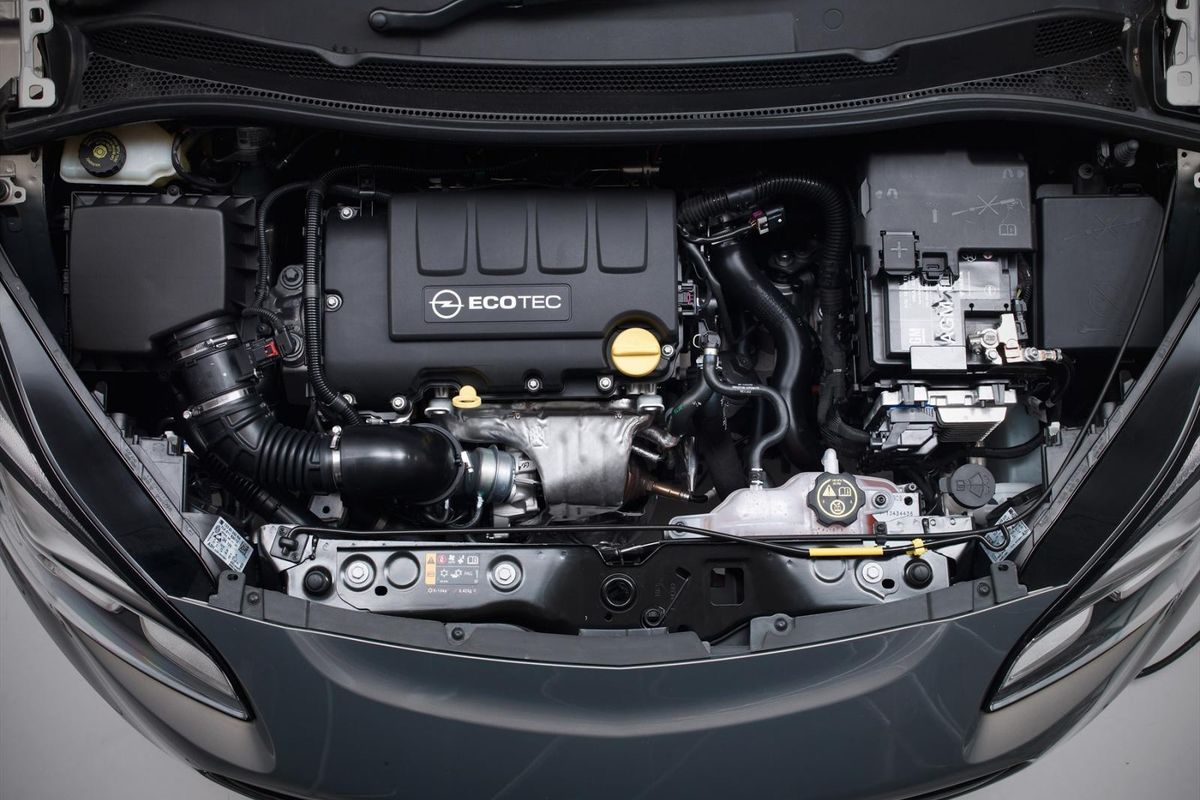Unlock Exclusive Opel Corsa 1.4 Engine Price Discounts at Auto Components Specialists
Unlock Exclusive Opel Corsa 1.4 Engine Price Discounts at Auto Components Specialists
Blog Article
Engine Purchasing Professional Tips on Selecting the Right Engine for Your Details Demands
Picking the appropriate engine for your certain needs involves an intricate interaction of elements that go beyond simple horse power figures. By delving into the details of power versus performance, examining gas scores, and budgeting for long-term prices, one can genuinely optimize their engine choice.
Power Vs. Efficiency: Locating the Equilibrium
When choosing an engine, it is essential to strike an equilibrium between power and performance to satisfy your details requirements effectively. Power describes the engine's ability to generate energy for propulsion, determining aspects like acceleration, pulling capacity, and total performance - Opel Corsa 1.4 Engine Price. On the various other hand, performance associates with how well the engine makes use of fuel to generate power, influencing aspects such as fuel economy and ecological friendliness
Attaining the best equilibrium between power and effectiveness is vital because an engine that is also effective may consume too much gas, bring about higher operating expenses and unneeded pressure on the environment. On the other hand, an engine that focuses on performance over power may lead to slow efficiency, specifically sought after scenarios like towing heavy loads or driving uphill.
To make a notified choice, take into consideration factors such as your typical driving conditions, the designated use the automobile, and your individual choices. By assessing your concerns and needs, you can select an engine that strikes the excellent equilibrium in between power and performance, guaranteeing ideal efficiency while decreasing ecological impact and operating expense.
Comprehending Engine Size and Type
To better improve the choice process of an engine that strikes the optimum balance between power and performance, it is vital to delve right into the ins and outs of comprehending engine size and kind. Engine size refers to the complete volume of air and gas that can be pushed via the engine cyndrical tubes.
Common engine kinds include inline engines, V engines, and rotating engines, each with its unique advantages and downsides. Understanding the interplay in between engine size and type is essential in selecting an engine that lines up with your specific requirements and top priorities, whether it be power, efficiency, or a balance of both.

Consider Your Car's Requirements
Considering your lorry's demands is a basic action in the engine selection procedure to ensure optimum performance and capability. It is vital to review elements such as the intended usage of the vehicle, its weight, lugging capability, and gas effectiveness demands. As an example, if pop over here you are looking for an engine for a sturdy truck that will certainly be used for towing, you will certainly need an effective engine with high torque abilities. On the various other hand, if you are selecting an engine for a small car mostly utilized for city travelling, fuel effectiveness might be a more vital factor to think about.
If you frequently drive in uneven or hilly areas, a durable engine with great climbing power will certainly be essential. By straightening the engine specs with your car's requirements, you can ensure that your lorry runs efficiently and meets your efficiency expectations.
Assessing Gas Effectiveness Ratings
Analyzing gas efficiency rankings is a critical element of selecting the appropriate engine for your automobile, making sure cost financial savings and environmental sustainability. Gas effectiveness ratings, typically gauged in miles per gallon (MPG) for gasoline engines or kilowatt-hours per 100 miles (kWh/100 miles) for electrical engines, indicate just how far a lorry can travel on a specific quantity of fuel or electricity. Greater MPG or lower kWh/100 miles worths represent extra effective engines, translating to lowered fuel prices and lower carbon exhausts.
Additionally, compare different engine choices within the exact same lorry course to identify the most economical option. Variables such as engine dimension, weight, aerodynamics, and hybrid or electric capabilities can all affect gas performance.
Budgeting for Long-Term Prices
Strategically intending for long-lasting expenses is important when selecting an engine, making certain economic sustainability over the car's lifespan. While the first purchase rate of an engine is a considerable element, it is crucial to take into consideration the long-lasting costs linked with maintenance, fixings, and fuel intake.
Additionally, researching the accessibility and cost of substitute parts for the picked engine is important in spending plan planning. Engines with economical Discover More and conveniently available components can considerably influence long-lasting upkeep expenses. In addition, considering the engine's durability and anticipated life-span can assist stay clear of unforeseen substitute costs in the future. By meticulously budgeting for these long-term costs and factoring them right into the decision-making process, individuals can select an engine that not only fulfills their immediate requirements yet likewise stays cost-effective throughout its lifespan.
Conclusion
In final thought, choosing the ideal engine for your certain demands calls for stabilizing power and performance, understanding engine size and type, considering your vehicle's requirements, assessing fuel effectiveness scores, and budgeting for long-lasting expenses. By very carefully taking into consideration these factors, you can guarantee that you select an engine that satisfies your needs directory and offers optimum efficiency for your vehicle.
To further improve the selection process of an engine that strikes the optimal balance between power and efficiency, it is essential to delve into the intricacies of understanding engine size and type. Engine dimension refers to the overall volume of air and gas that can be pressed through the engine cylinders. Typical engine kinds include inline engines, V engines, and rotary engines, each with its one-of-a-kind advantages and downsides. Comprehending the interplay in between engine dimension and kind is vital in choosing an engine that aligns with your details requirements and top priorities, whether it be power, effectiveness, or an equilibrium of both.

Report this page